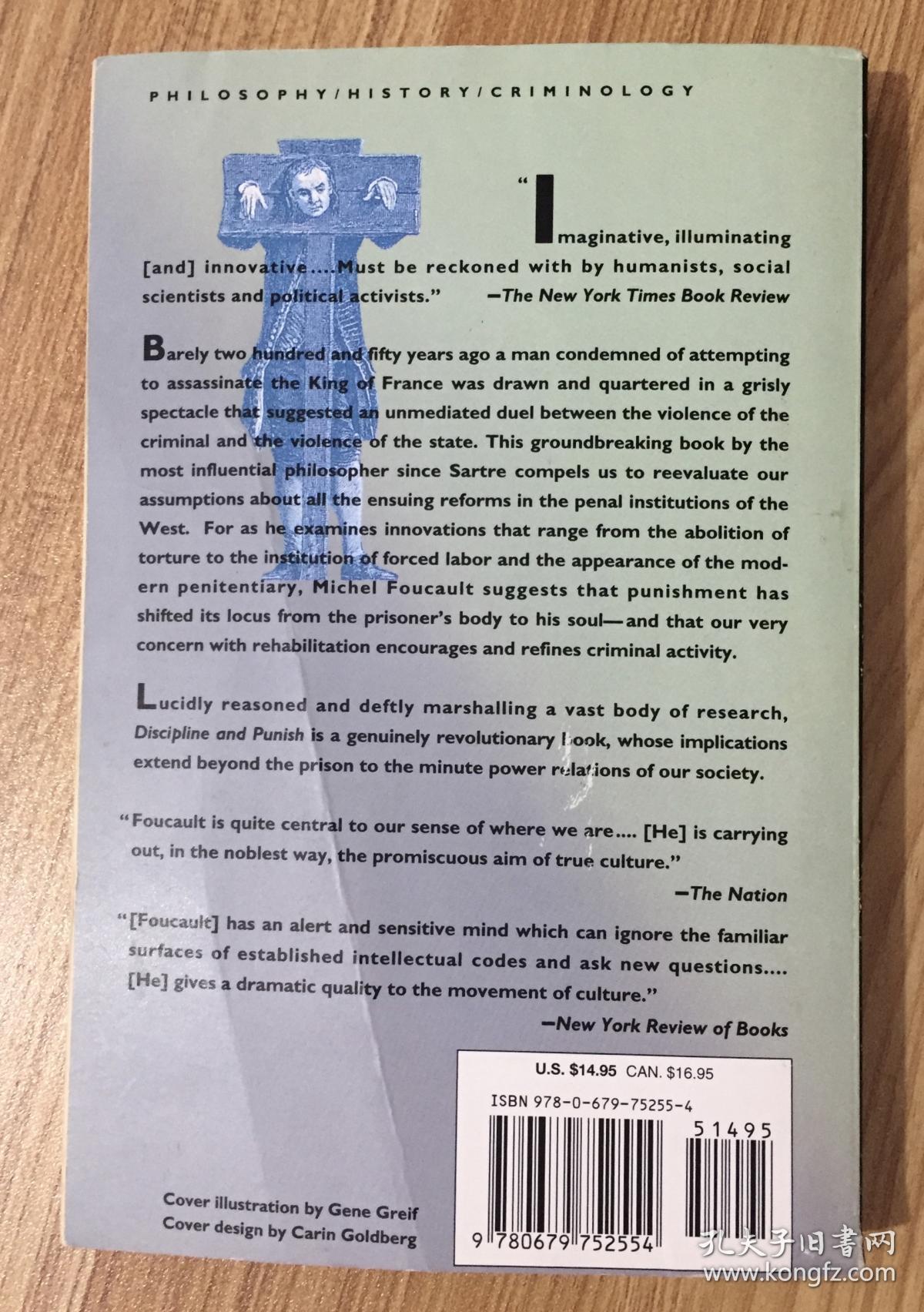

George Lakoff, Women, Fire, and Dangerous Things: What Categories Reveal About the Mind, 1987 On large language models and "a judicious amount of randomness", Stephen Wolfram's "What Is ChatGPT Doing … and Why Does It Work?" is good. The chapter I cite is “Ships and Chips: Technological Repression and the Origin of the Wage” Peter Linebaugh, The London Hanged: Crime and Civil Society in the Eighteenth Century. Vincenzo Natali, script for the movie "Cube", 6th draft Prado, Starting With Foucault (2/e), 2000


Michel Foucault, Discipline and Punish: the Birth of the Prison, 1975Ĭ.G. But his is a disturbing theory for the problem-solvers among us, so I make it more palatable by comparing it to a cult horror movie from 1997. So it doesn't really fit with the podcast theme. But I don't think there's a lot you can *do* with that theory in the sense of "applying it to software". It seems wrong to talk about Foucault without mentioning his theory of power and societal change.


 0 kommentar(er)
0 kommentar(er)
